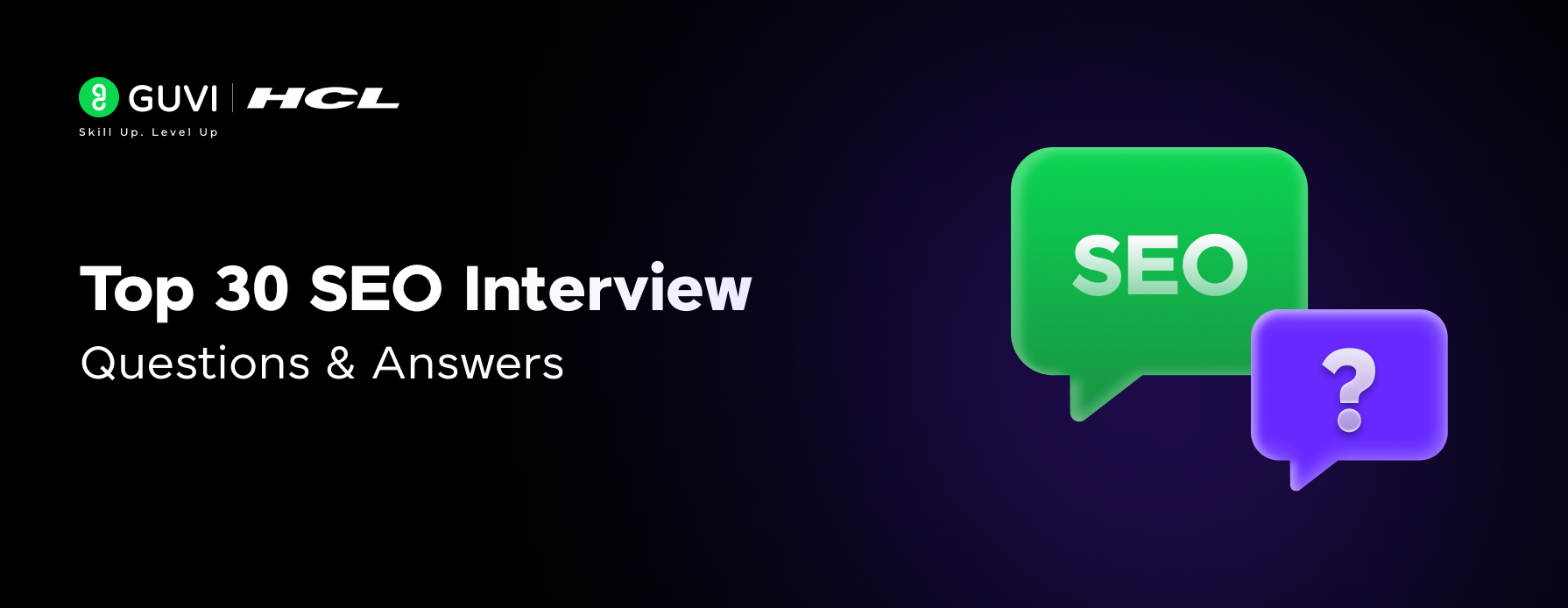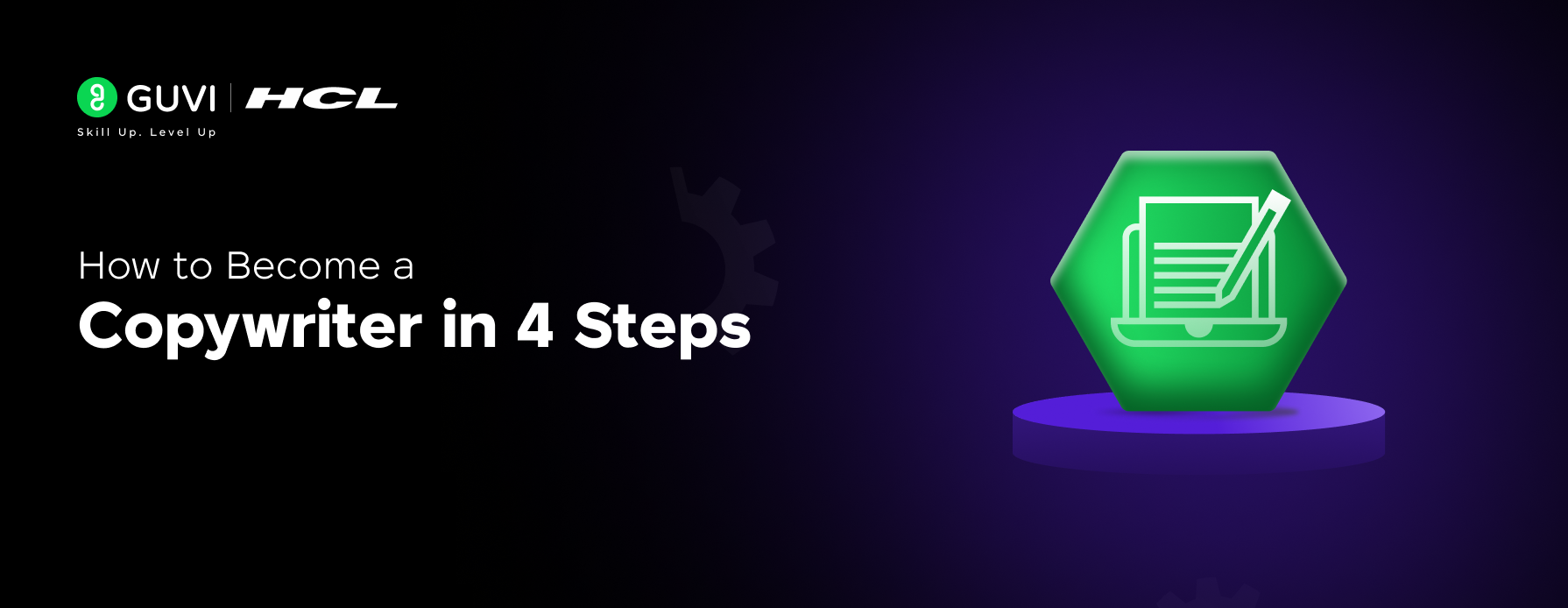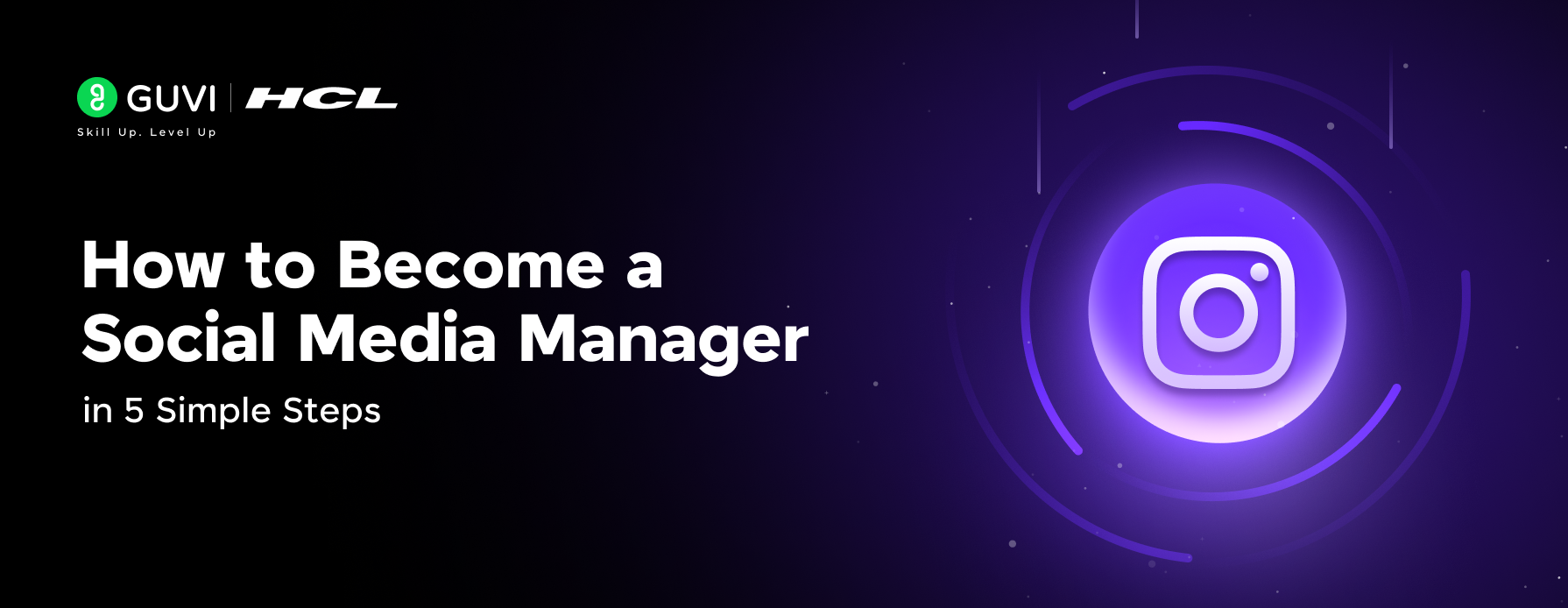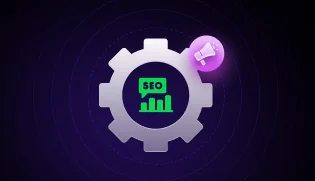
Top 10 E-commerce Marketing Strategies for 2025
Jan 31, 2025 4 Min Read 3620 Views
(Last Updated)
As the landscape of e-commerce is constantly evolving, E-commerce businesses must stay ahead of the curve by adopting the most effective marketing strategies. The competition is fierce, and customers have higher expectations than ever before. To succeed, businesses need to attract new customers and retain and engage their existing ones.
The secret behind successful e-commerce brands effortlessly thriving lies in their marketing strategies. By leveraging the latest trends and tools, these successful businesses can create personalized experiences, optimize their online presence, and engage with their audience across multiple channels.
In this blog, we will explore the top 10 e-commerce marketing strategies for 2025. These insights will give you the knowledge and tools you need to stay competitive. Let’s dive in!
Table of contents
- Top 10 E-commerce Marketing Strategies for 2025
- Personalize the Customer Experience
- Leverage Omnichannel Marketing
- Collaborate with Influencers
- Optimize Your Marketing Content
- Offer Shopping Experience via Social Media
- Invest in SEO
- Set Up Effective Email Campaigns
- Take Advantage of Paid Advertising
- Optimize your E-commerce platform for Mobile
- Use Data Analytics and AI
- Wrapping Up
- FAQs
- How can influencer marketing benefit my e-commerce business?
- How do I optimize my e-commerce site for SEO?
- How can I use social commerce for my business?
Top 10 E-commerce Marketing Strategies for 2025
Here are the 10 E-commerce Marketing Strategies for 2025 that will help you enhance your digital marketing efforts and achieve your business goals.
Before we move to the next part, Improve your knowledge of business analytics concepts. You can consider enrolling yourself in GUVI’s Business Analytics and Digital Marketing Course, which lets you gain practical experience by developing real-world projects and covering technologies including Power BI, Excel, SQL, Tableau, Data Visualization, etc.
Additionally, if you would like to explore Marketing Research Techniques through a Self-paced course, try GUVI’s Marketing Research Techniques certification course.
Must Read: Best Way to Learn Digital Marketing in 2025
Personalize the Customer Experience
Personalization has become a cornerstone of effective e-commerce marketing strategies. Customers expect brands to understand their preferences and deliver tailored experiences. By leveraging data and advanced algorithms, businesses can create personalized shopping experiences that increase customer satisfaction and loyalty.
One effective method of personalization is using customer data to recommend products based on their past purchases and browsing behavior. Tools like AI-driven recommendation engines can analyze data to predict a customer’s interest, creating a more engaging shopping experience.
Additionally, personalized email marketing campaigns can be highly effective. By segmenting your email list and sending targeted messages, you can significantly improve open rates and conversions.
Also Read: 5 Powerful Digital Marketing Strategies for B2B and B2C Success
Leverage Omnichannel Marketing
Omnichannel marketing involves creating a seamless experience for customers across all channels, whether online or offline. E-commerce businesses need to integrate their marketing efforts across various platforms to provide a consistent brand experience.
To implement an omnichannel strategy, start by ensuring that your brand message and customer experience are uniform across all touchpoints, including your website, social media, email, and physical stores.
Use tools like customer relationship management (CRM) systems to track interactions and preferences across channels. This not only improves the customer experience but also helps in gathering valuable data to refine your marketing efforts.
Collaborate with Influencers
Influencer marketing continues to be a powerful strategy for e-commerce businesses. Collaborating with influencers allows brands to reach a wider audience and build credibility through authentic endorsements. The focus is on finding the right influencers who align with your brand values and have a genuine connection with their followers.
When selecting influencers, consider factors such as engagement rates, audience demographics, and content quality. Micro-influencers, with their highly engaged followers, can be particularly effective for niche markets.

Once you’ve identified suitable influencers, work with them to create authentic content that resonates with their audience. Measuring the success of influencer campaigns through metrics like engagement, website traffic, and sales conversions is crucial for optimizing your strategy.
Optimize Your Marketing Content
High-quality content remains a key driver of e-commerce success. By creating valuable and relevant content, businesses can establish themselves as industry leaders and build trust with their audience.
Effective content marketing strategies include blogging, video marketing, and user-generated content. Blog posts that address common customer questions and provide insights can drive organic traffic to your website.
Also Read: 10 Copywriting Skills to Write Great Copies – That Sell!
Video content, such as product demonstrations and tutorials, can engage customers and enhance their understanding of your products. Encouraging customers to share their experiences and reviews can also boost credibility and influence purchase decisions.
Offer Shopping Experience via Social Media
Social commerce, the practice of selling products directly through social media platforms, is gaining traction. Platforms like Instagram, Facebook, and X offer features that enable direct shopping experiences. Brands can showcase their products, provide seamless purchasing options, and interact with customers in real-time.

To succeed in social commerce, create visually appealing content that highlights your products and engages your audience. Utilize features like shoppable posts and live shopping events to drive sales and enhance the customer experience.
Also Read: Top 10 Local SEO Strategies for Small Businesses [2025]
Invest in SEO
SEO remains a critical component of digital marketing for e-commerce businesses. Staying updated with the latest SEO trends and best practices will be essential for maintaining a strong online presence and driving organic traffic.
Key SEO strategies include optimizing product pages with relevant keywords, improving website speed and mobile responsiveness, and creating high-quality backlinks. Ahrefs, Moz, and SEMrush come in handy as you begin your keyword research and tools like Google Analytics and Google Search Console can help you monitor your website’s performance and identify areas for improvement. Additionally, staying informed about search engine algorithm updates will ensure your SEO efforts remain effective.
Also Read: How Does an SEO Certification Elevate Your Digital Marketing Career?
Set Up Effective Email Campaigns
Email marketing continues to be a highly effective strategy for e-commerce businesses. In 2025, personalized and targeted email campaigns will be crucial for engaging customers and driving conversions.
To maximize the impact of your email marketing, segment your audience based on their behavior and preferences. Use personalized subject lines and content to increase open rates and engagement. Automated email sequences, such as welcome series and abandoned cart reminders, can nurture leads and encourage repeat purchases. Regularly analyzing your email metrics will help you refine your strategy and improve results.
Take Advantage of Paid Advertising
Paid advertising which includes search ads, display ads, and social media ads is an effective way to reach a larger audience and drive traffic to your e-commerce site. Remember optimizing your ad spend and measuring ROI will be key to maximizing the effectiveness of your paid advertising campaigns.

To get the most out of your paid advertising efforts, start by clearly defining your target audience and selecting the right platforms for your ads. Use compelling ad creatives and copy to capture attention and drive clicks. Continuously monitor and adjust your campaigns based on performance data to ensure you’re getting the best return on investment.
Also Read: Paid Advertising Vs Content Marketing: A Detailed Comparison
Optimize your E-commerce platform for Mobile
With the increasing use of smartphones for online shopping, mobile optimization is more important than ever. Ensuring a mobile-friendly website is crucial for providing a seamless shopping experience and capturing mobile traffic.

To optimize your site for mobile, focus on improving page load speed, simplifying navigation, and ensuring that all elements are easily accessible on smaller screens. Responsive design and mobile-specific features, such as click-to-call buttons and mobile payment options, can enhance the user experience and drive conversions.
Also Read: 8 Best YouTube Channels to Learn Digital Marketing 2025
Use Data Analytics and AI
Data analytics and artificial intelligence are transforming e-commerce marketing. Leveraging these technologies will be essential for gaining insights into customer behavior and optimizing your marketing strategies.

AI tools can analyze vast amounts of data to identify patterns and trends, enabling you to make data-driven decisions. Predictive analytics can help you anticipate customer needs and personalize marketing efforts. Additionally, AI-powered chatbots and virtual assistants can enhance customer service by providing instant support and recommendations.
Wrapping Up
The top 10 e-commerce marketing strategies discussed in this blog are designed to help you stay competitive and drive growth in this evolving market. By focusing on customer experience through your marketing activities, you can create deeper connections with your audience, fostering loyalty and repeat business.
Implementing these strategies requires continuous learning and adaptation to emerging trends. The digital landscape is constantly evolving, and staying ahead means being open to new ideas, tools, and techniques. We hope this e-commerce marketing strategies guide has provided you with valuable insights and practical tips to enhance your e-commerce marketing strategies in 2025.
Now, let us know. What E-commerce marketing strategies, do you have in mind? What strategies have worked for you? and What challenges have you faced, and how have you overcome them?
Also Read: Top 10 Strategies to Optimize PPC Ads & Boost Sales
Kickstart your career by enrolling in GUVI’s Business Analytics and Digital Marketing Course where you will master technologies including Power BI, Excel, SQL, Tableau, and Data Visualization, and build interesting real-life business-analytics projects.
Alternatively, if you want to explore Marketing Research Techniques through a Self-paced course, try GUVI’s Marketing Research Techniques certification course.
FAQs
Influencer marketing can expand your reach, build brand credibility, and drive sales by leveraging the influencer’s audience and authentic endorsements. It’s particularly effective when targeting niche markets.
Optimize your site for SEO by using relevant keywords, improving page load speed, ensuring mobile responsiveness, and building high-quality backlinks. Regularly update your content and stay informed about search engine algorithm changes.
Leverage social commerce by using platforms like Instagram, Facebook, and X to showcase your products, provide seamless purchasing options, and engage with customers through shoppable posts and live shopping events.
























![How to Switch from Sales to Digital Marketing: A Beginner's Guide [2025] 11 sales to digital marketing](https://www.guvi.in/blog/wp-content/uploads/2025/01/How-to-switch-your-career-from-Sales-to-Digital-Marketing.png)





Did you enjoy this article?